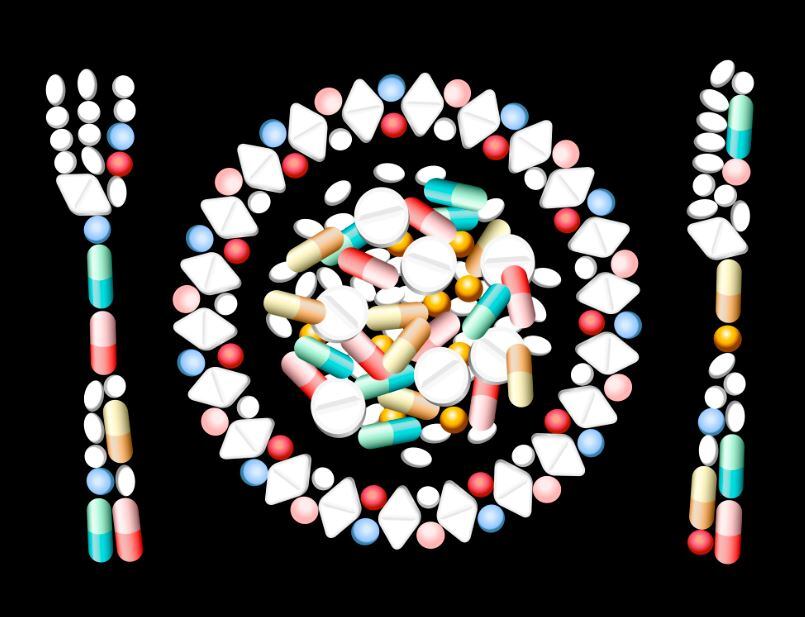Like many investors in functional foods, food supplements and nutrition – when retail giant Tesco – then making shedloads of profit unlike now – paid about three million quid (€3.7m) for a 50.1% stake in supplement vendor NutriCentre in 2001 it seemed like a pretty good idea. The nutrition and health end of the food industry was outperforming the regular food sector by significant margins.
The retail behemoth gained a bunch of supplement and health-focused retail outlets, an online business and the know-how to integrate NutriCentres into some of its own real estate in the form of nutrition ‘concessions’.
Increasingly health conscious consumers would gobble up the super-convenient opportunity to top up their whole food purchases with omega-3s, vitamins and minerals and botanicals and more. No-brainer right?
Wrong.
At a loss
It hasn’t panned out and after 15 years Tesco is bailing on NutriCentre and the whole venture is being binned after its losses blew out 4-fold last year from about €2.75m in 2014 to over €10m in 2015. That has not yet been fully explained in isolation but tallies with Tesco’s cross-the-board slide into loss-making in recent years (€8bn loss last year).
The closure is a little surprising at a time when Euromonitor International figures show specialist healthcare retailers such as Boots and NBTY-owned GNC, Holland & Barrett and De Tuinen brought in sales of €9.78bn in western Europe in 2015, up nearly 8% from €9.08bn in 2012.
However Italy, Germany and France accounted for the main chunk of these 2015 sales, at €3.64bn, €1.46bn and €1bn, respectively. The UK was seventh at €396m.
So a smaller market and somewhat crisis-hit retailer downsizing; a retailer that has shed other non-core assets like coffee chains and garden centres since it was hit by an accounting scandal of 2014.
Question is this: is the demise of this 25-year-old business bad news for the European supplement sector in general or did Tesco just tank the operation? Maybe it is a little of both.
Certainly, as the above figures show, the health food channel remains in overall growth and NBTY CEO Steve Callihane recently affirmed the strength of its UK-focused but expanding Holland & Barrett chain, refuting divestment rumours and calling H&B "a core brand" for the US-based healthcare giant.
Supplement psychology

Some would argue the blame can be laid at the door of the EU’s strict health claim laws that have stripped claims from 1000s of products, and placed 2000+ botanical products in claim-making limbo while Brussels decides how to treat them scientifically. But that’s another story…
A breakdown of sales between the 12 high street NutriCentres and 11 Tesco store ‘concessions’ is not available but perhaps part of the issue here is that a majority of people who buy food supplements still prefer to buy them from specialty outlets like health food stores and pharmacies, or online.
They might be called food supplements or dietary supplements or nutritional supplements but in the mind of most that might buy them, they retain a medicalised edge. And people don’t tend to want to buy drug-like products from a food shop.
It’s for this reason many functional foods that have for so many decades offered so much promise based on the ancient sage of Hippocrates, have remained largely niche – energy drinks and probiotic yoghurt excepted.
In the meantime, NutriCentre is offering 75% off the price of everything until it officially closes its doors for good and 140 people require new aisles to staff.
Let food supplements be thy medicine…
